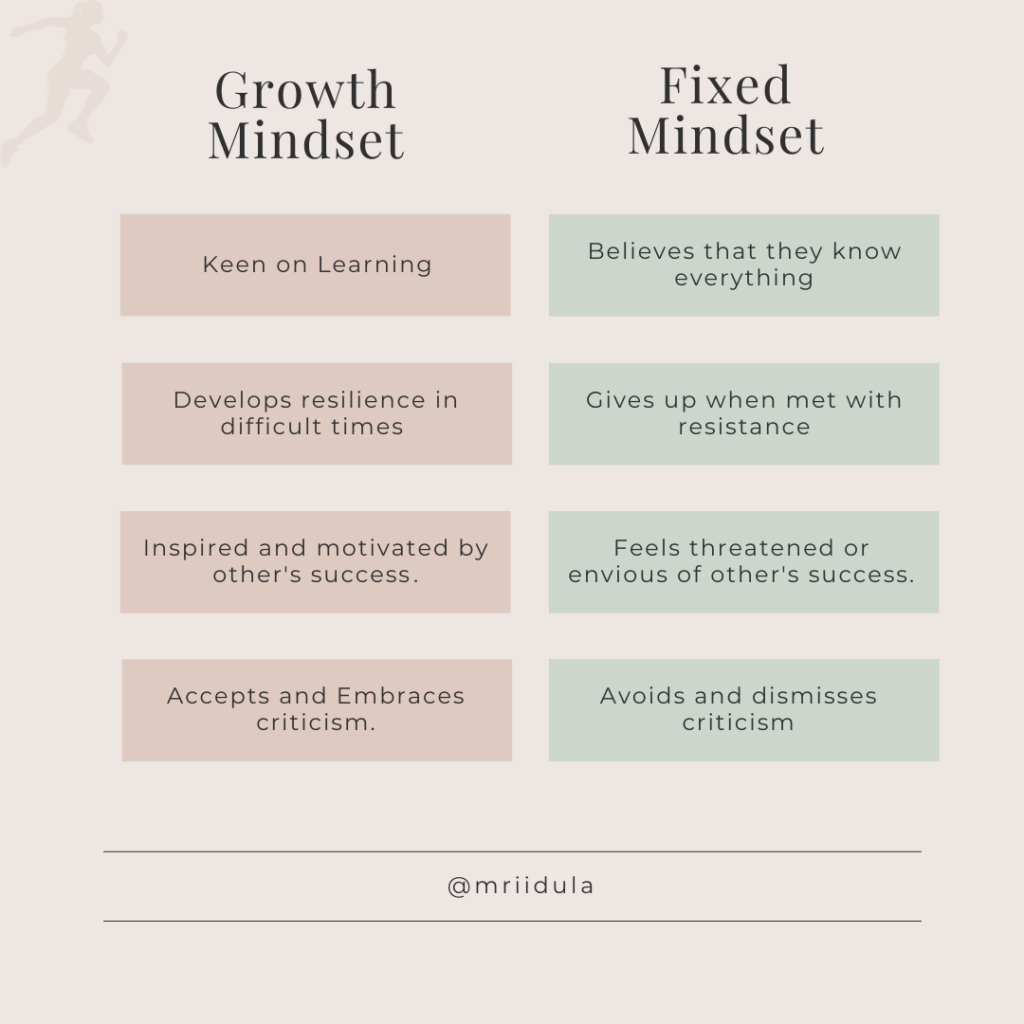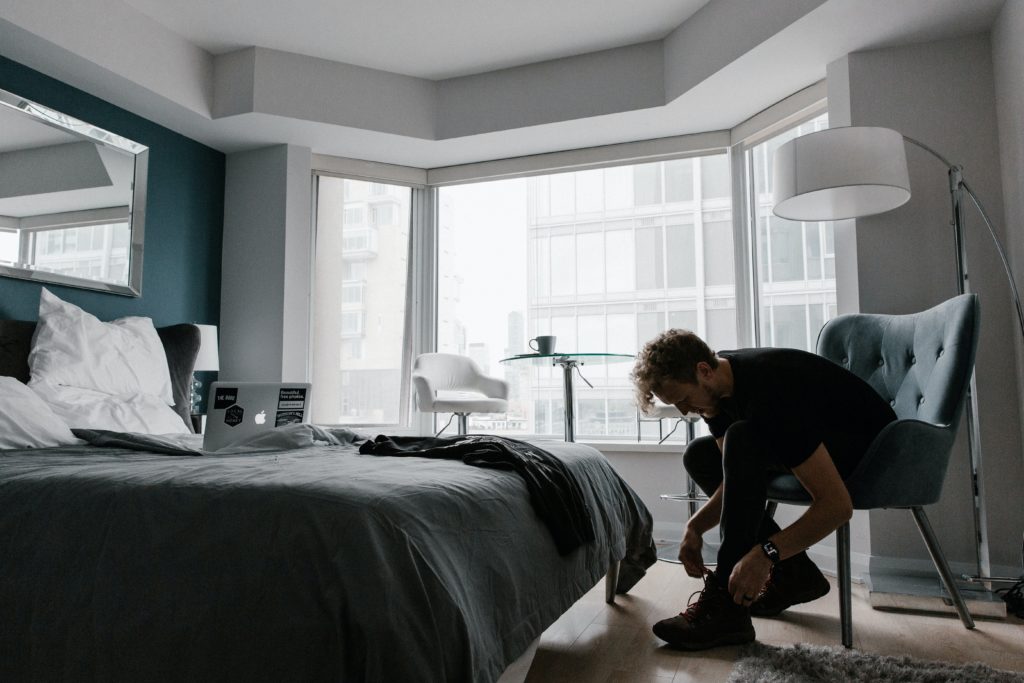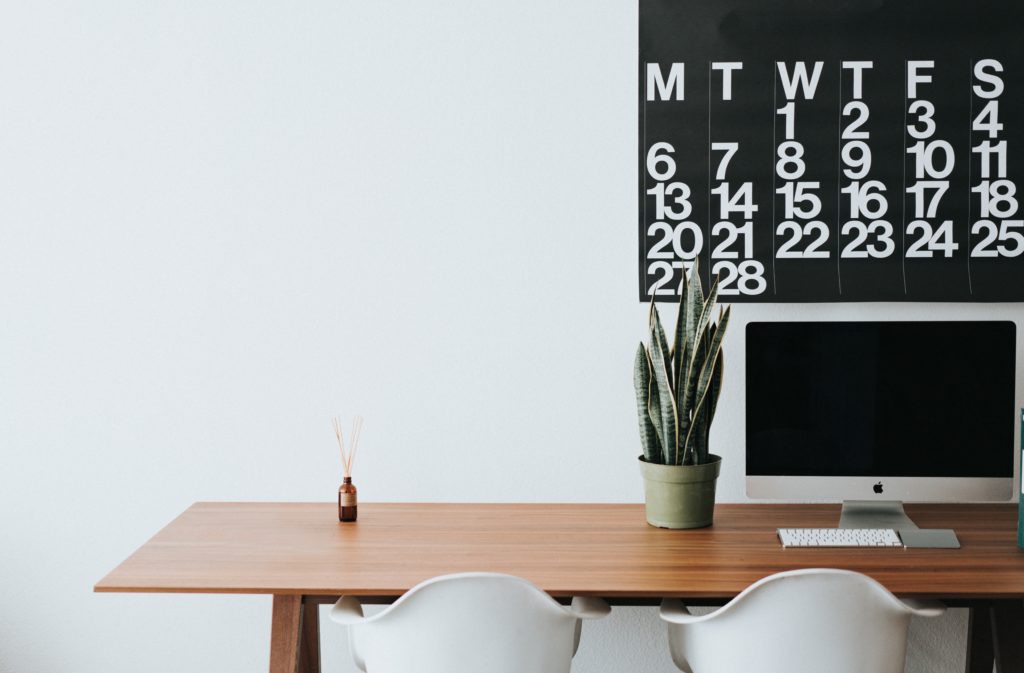The word Growth Mindset has finally made its way from the lanes of personal development to mainstream corporate life. You may have heard it recently buzz in your organization comms. However, whenever such a word is popularized, its meaning gets distorted.
For a lot of people Growth Mindset can mean that they have a positive outlook towards life and are open and flexible with their approach towards change. While these maybe be good things to adapt this doesn’t necessarily mean that you have a growth mindset.
Definition of Growth Mindset by Dr. Carol Dweck
The growth mindset is based on the belief that your basic qualities are things you can cultivate through your efforts. Although people may differ in every which way in their initial talents and aptitudes, interests, or temperaments, everyone can change and grow through application and experience.
In brief, Individuals who believe their talents can be developed (through hard work, good strategies, and input from others) have a Growth Mindset. Whereas, a person with fixed mindset believes that their Intelligence and Talents are innate gifts.
Most of us have a mix of these two mindsets, we may embrace ‘Growth Mindset’ in few areas of lives and ‘Fixed Mindset’ in other.
How it changes your approach towards life is where one mindset is based on Proving yourself the other encourages Learning. If you believe that you are naturally talented and cannot cultivate new talents, then you will simply keep looking for challenges only to label them as Failure or Victory. Whereas in Growth Mindset, you see these ‘Failures’ as ‘Room for Improvement’.

How to Develop a Growth Mindset
Self-Reflect
Assess your current state in life. Do you view yourself as an individual with a growth mindset? Figure out which mindset currently rules your life and which areas of your life can benefit from a growth mindset.
Seek Feedback not Validation
Do not seek validation for your skills and accomplishments from others, instead focus on people who can provide you constructive feedback. It will help you in improving consistently. When we look for validation, we end up taking up things or indulging in activities which we do not enjoy.
Embrace Challenges
When we are in our comfort zone, we see each challenge as setbacks.
Start seeing these challenges as opportunities, to learn and grow more. Enjoy these challenges as a problem-solving activity. Try things which you have never done before, take up activities that are new to you. It will help you in developing more trust and resilience in yourself.
Add ‘yet’ to your vocabulary
When discussing your achievements or growth, learn to use the word ‘yet’. Cultivating a growth mindset means understanding that your weaknesses and strengths are not fully developed yet. There will be areas where you lack not because you are inherently bad at them, but because you have not mastered them yet. It’s about believing that with enough practice and perseverance, you can achieve anything you set your mind to.
Focus on Efforts, not Outcomes
Measure your success by the efforts that you put in. It is the process that matters more than the final product. The process teaches us, gives us an opportunity to self-reflect and work on our mistakes and improve ourselves. It is important to know that defeat is not everlasting and every time you try to reach for something beyond your current state, you enhance your capabilities and knowledge.
Embracing a growth mindset can be a life changing decision. You can try implementing it in different areas of your life be it personal or professional. However, we can only know if something works for us when we try it. Personally, it has been useful for me as it helped me take risks and attempt the activities that I was never confident about.
Do experiment with the tips mentioned above, and feel free to share if you find them applicable in any specific area of your life.











































